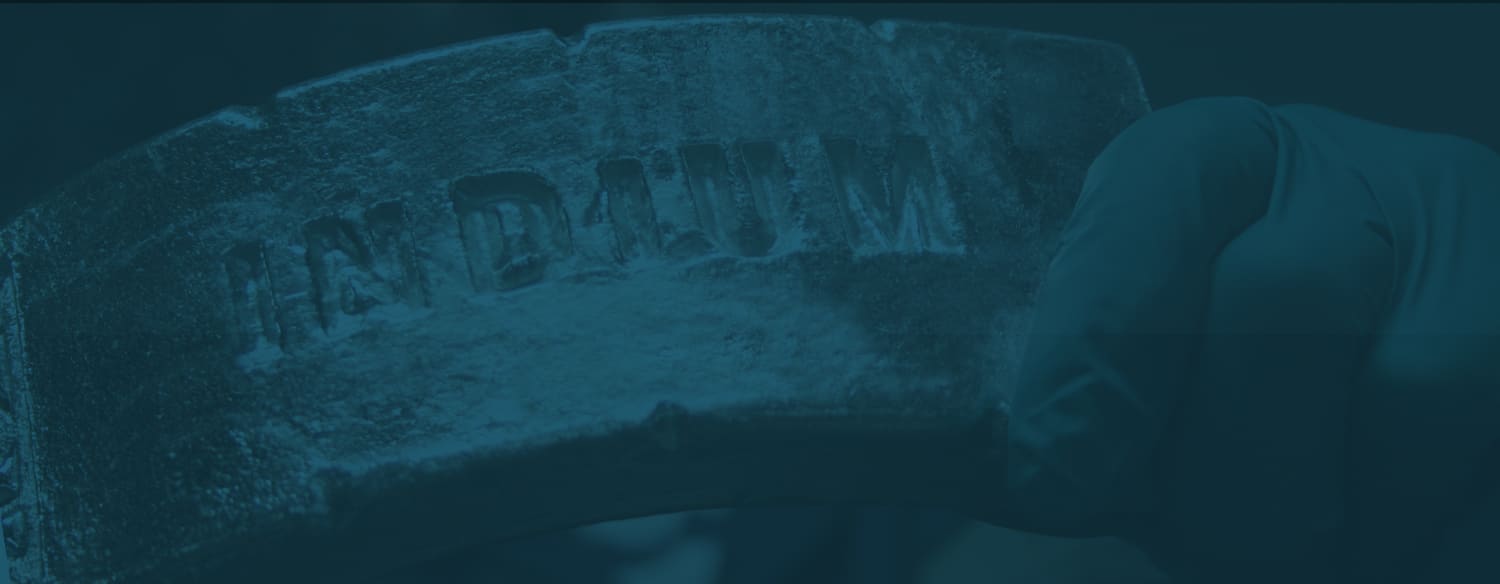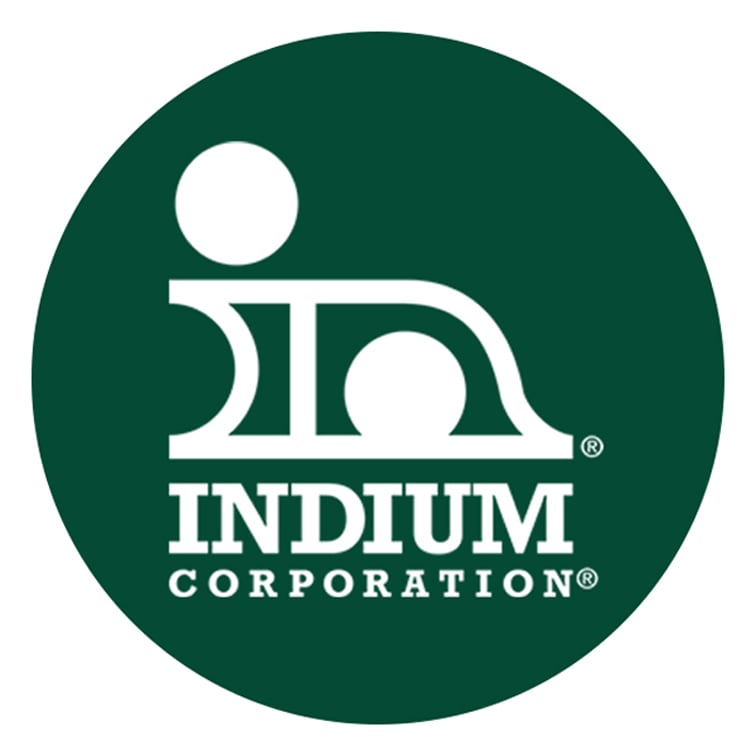There is a proposal into the EU to add to the RoHS legislation by restricting all halogenated flame retardants. You can find that proposal here. This proposal has the support of a number of consumer electronics companies such as Apple. Here are a couple of Pros and Cons for implementing these additional restrictions into RoHS:
PROS
- Dramatically simplifies the testing and detection. It is simple to test for Cl and Br, but much more difficult to determine which halogenated compound that halogen came from. When restricting only 3-4 halogenated compounds, one would have to run the simple Cl/Br test and, if Cl or Br appeared, run costly tests to be certain they didn't come from one of the restricted compounds.
- Puts all electronics on an even playing field. These companies are often using "green" marketing to promote their company and/or certain products. There is no clear way to identify whether on mp3 player is more "green" than another. It is all on how they spin their "green" efforts. By having legislation, all companies will be required to take the same actions (at least relative to the restricted items).
- There are only a few halogenated compounds that have actually been tested and determined to have some health or environmental risk. Therefore, a total ban would restrict materials that pose no risks. Companies like Apple have proven that electronics can be manufactured without any halogens today. However, as the technology advances and changes there may be needs or technological advantages to using certain halogenated compounds but if the law is in place it will be extremely difficult to change.
- The proposed regulation states to ban all halogenated flame retardants. Exactly what is a halogenated flame retardant? If there are 10,000 halogenated compounds, how do we determine which ones are a flame retardant and which ones are not? Without spelling out specific compounds, individuals will be left to assess whether or not their halogenated compound could be considered a flame retardant. This is a particular challenge for solder pastes and fluxes where halogenated compounds are used but are not intended as a flame retardant. Would those be banned?


